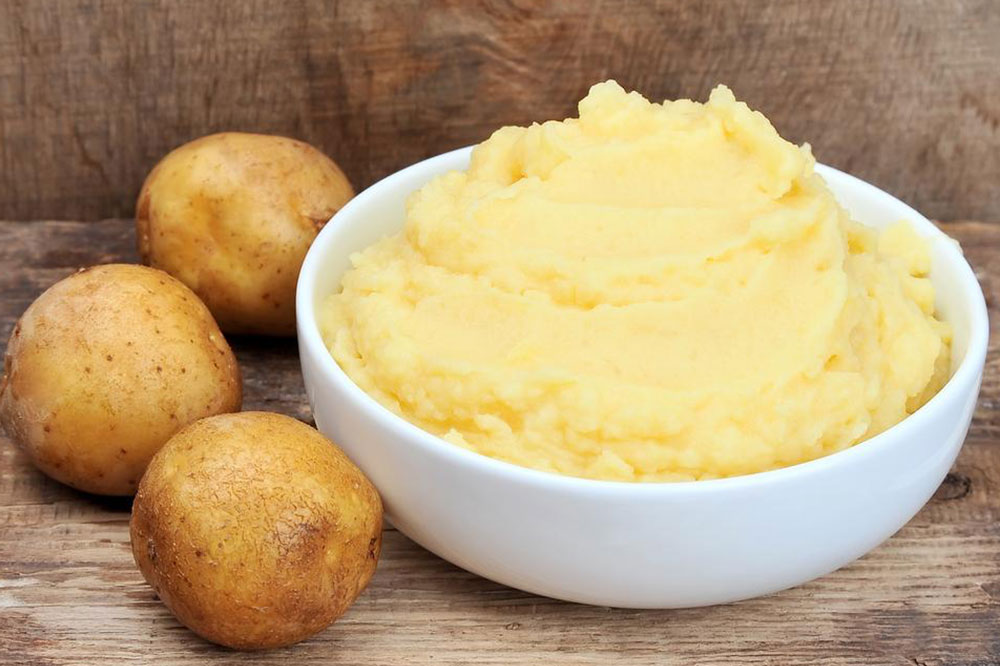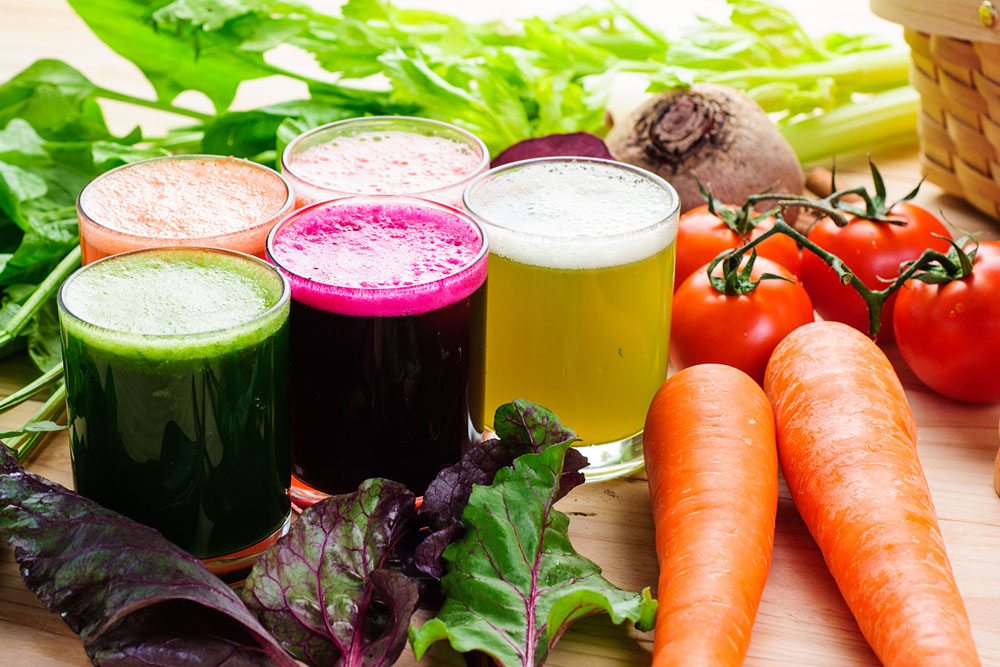Dietary Strategies to Alleviate Crohn's Disease Symptoms
This article provides dietary guidelines to alleviate Crohn's disease symptoms. It emphasizes avoiding junk food, choosing low-fiber fruits and vegetables, consuming protein-rich and gentle foods, and monitoring dairy intake. Proper nutrition can significantly improve quality of life for those managing Crohn's disease, along with medical treatment. The tips shared aim to identify foods that reduce inflammation and discomfort, supporting long-term health management.

Diet Tips to Reduce Discomfort in Crohn's Disease
Crohn's disease affects the digestive system, leading to irritation and pain. Managing your diet is crucial for those with this condition. Paying attention to food quantity, calorie intake, and overall nutrition can help prevent symptom flare-ups. Poor dietary choices may exacerbate the disease.
Understanding Crohn's Disease
Crohn's is a chronic, potentially life-threatening condition causing inflammation of the intestines, often with scarring of the intestinal lining. It can affect any part of the digestive tract, mainly the colon and ileum, and may persist for years or even lifelong. Symptoms include ulcers and fistulae, causing significant discomfort. Diagnosis involves lab tests and imaging.
Since treatment options are limited, dietary management plays a vital role in symptom relief.
Avoid junk food entirely.
Foods that help ease Crohn's symptoms include:
Decaffeinated drinks and low-sugar beverages
Limit caffeine from coffee, tea, and sodas. Choose drinks with minimal or no added sugar to prevent flare-ups.
Peel fruits and choose low-fiber options
Opt for ripe bananas, peeled apples, canned or packaged fruits without sugar, and ripe watermelons. Pulp-free juices are preferable due to their gentle effect on the digestive system.
Protein-rich foods
Eat well-cooked meats, poultry, fish, eggs, and soybean products, which are easier to digest.
Low-fiber vegetables
Include potatoes, pumpkin, eggplant, and asparagus. Avoid seeds and pulp in juices to reduce irritation.
Summary
Fruits and vegetables without seeds, along with low-sugar canned or packaged products, are recommended. Dairy can be consumed but may trigger flare-ups in some patients.










